The Best Wood for Outdoor Furniture: Why Acacia Wood Stands Out
When choosing outdoor furniture, the type of wood you select plays a critical role in determining its durability, appearance, and maintenance. While there are several options to consider, acacia wood stands out as one of the top choices for outdoor use.
What Makes Acacia Wood Ideal for Outdoor Furniture?

Acacia wood comes from a variety of trees and shrubs native to Australia, Africa, and Asia. Its natural resilience and aesthetic appeal make it an excellent choice for outdoor furniture. Here’s why:
1. Durability and Strength
One of the most significant benefits of acacia wood is its impressive strength. It’s a dense hardwood that can withstand various weather conditions, from heavy rain to intense sun exposure. Acacia wood's high density makes it resistant to scratches and impacts, ensuring that your outdoor furniture remains sturdy for years to come.
2. Natural Weather Resistance
Acacia wood has a natural resistance to water, which makes it particularly suitable for outdoor environments. It doesn't easily warp or swell when exposed to moisture, unlike other woods. This natural resilience allows it to handle humid climates or areas with frequent rain without deteriorating.
3. Fungal and Pest Resistance
Outdoor furniture is constantly exposed to elements that can lead to decay or infestations. Acacia wood is known for its natural oils, which protect it from fungal growth and insect damage. This means you can leave your acacia wood furniture outside without worrying about termites or other pests.
4. Sustainability
For eco-conscious homeowners, acacia wood is an excellent choice due to its sustainability. Many species of acacia grow rapidly, making it a renewable resource. Additionally, acacia plantations are often managed responsibly, contributing to sustainable forestry practices.
Comparison with Other Popular Woods for Outdoor Furniture
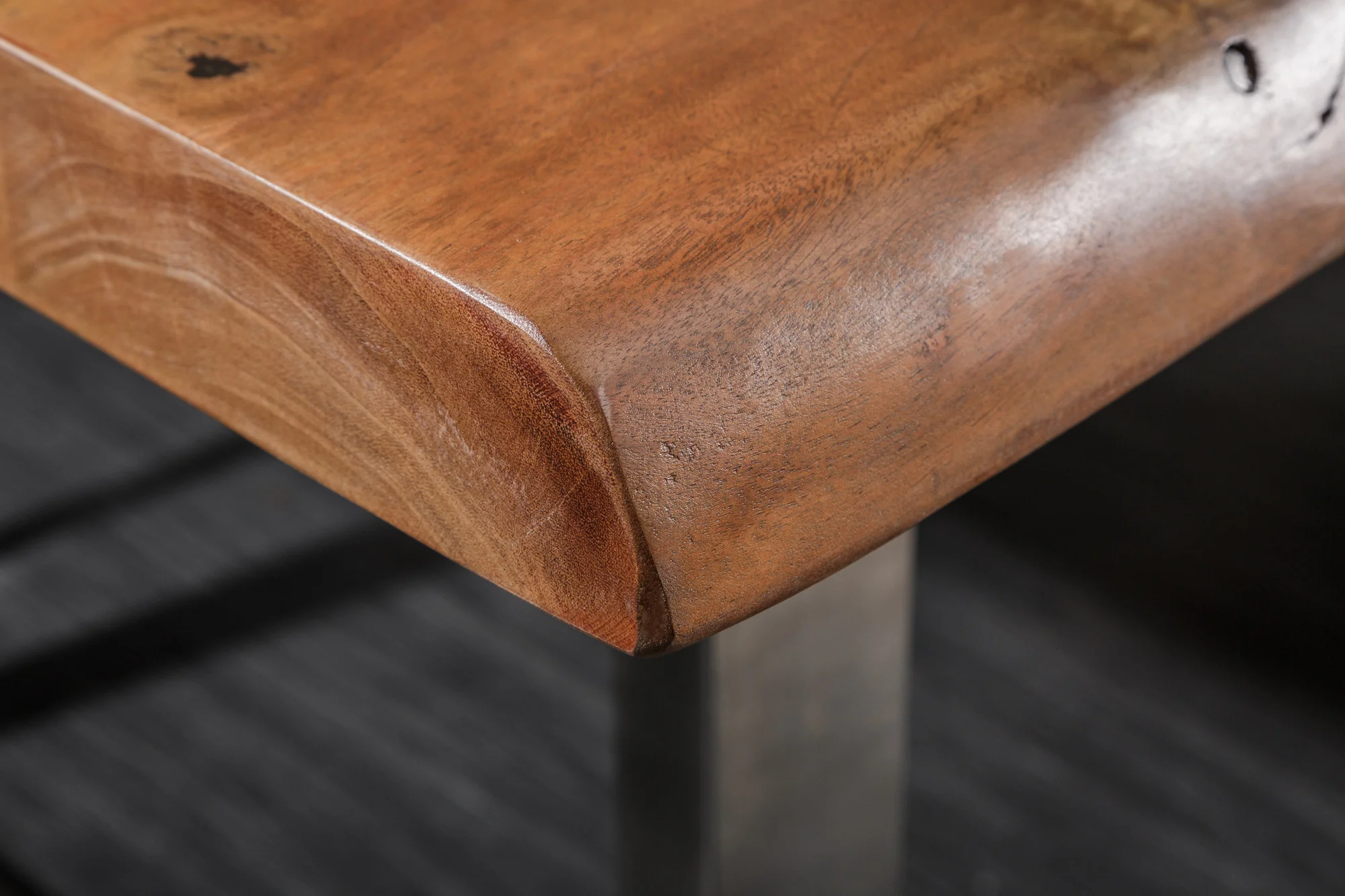
While acacia wood is a top contender, other woods are often used in outdoor furniture as well. Let’s compare acacia with a few of them:
-
Teak Wood: Teak is another hardwood known for its durability and water resistance. However, teak is significantly more expensive than acacia, and the two woods share similar qualities in terms of weather and pest resistance. Acacia offers a more budget-friendly option without compromising on performance.
-
Cedar: Cedar is lightweight and naturally resistant to decay and insects. However, it is a softer wood compared to acacia, which makes it more prone to dents and damage. Cedar also requires more frequent maintenance to keep it looking fresh.
-
Pine: Pine is an affordable softwood, but it lacks the density and strength of acacia. It is more susceptible to weather damage and requires sealing and staining to maintain its appearance outdoors.
Caring for Acacia Wood Furniture
Although acacia wood is highly durable, some basic maintenance can extend its lifespan and keep it looking beautiful:
- Regular Cleaning: Dust and dirt can accumulate on outdoor furniture, so a simple wipe-down with a damp cloth or mild soap solution will help maintain the wood’s surface.
- Oil Treatment: To maintain its rich color and prevent drying out, treat your acacia wood furniture with natural oil (such as linseed or tung oil) once or twice a year. This will also help prevent cracking and enhance its weather resistance.
- Cover or Store in Extreme Weather: While acacia is weather-resistant, covering your furniture or storing it indoors during extreme winter conditions will help preserve its longevity.
When it comes to outdoor furniture, acacia wood is a superb choice due to its strength, weather resistance, and aesthetic appeal. Compared to more expensive options like teak, acacia provides a similar level of durability at a fraction of the cost. Its natural ability to resist moisture, pests, and rot makes it perfect for outdoor use. Additionally, with proper care, your acacia wood furniture will last for years, bringing a touch of natural beauty to your outdoor space.
Whether you’re designing a cozy patio or furnishing a large garden, acacia wood offers an ideal balance of performance, sustainability, and style.






.jpeg?w=1600&h=1600)

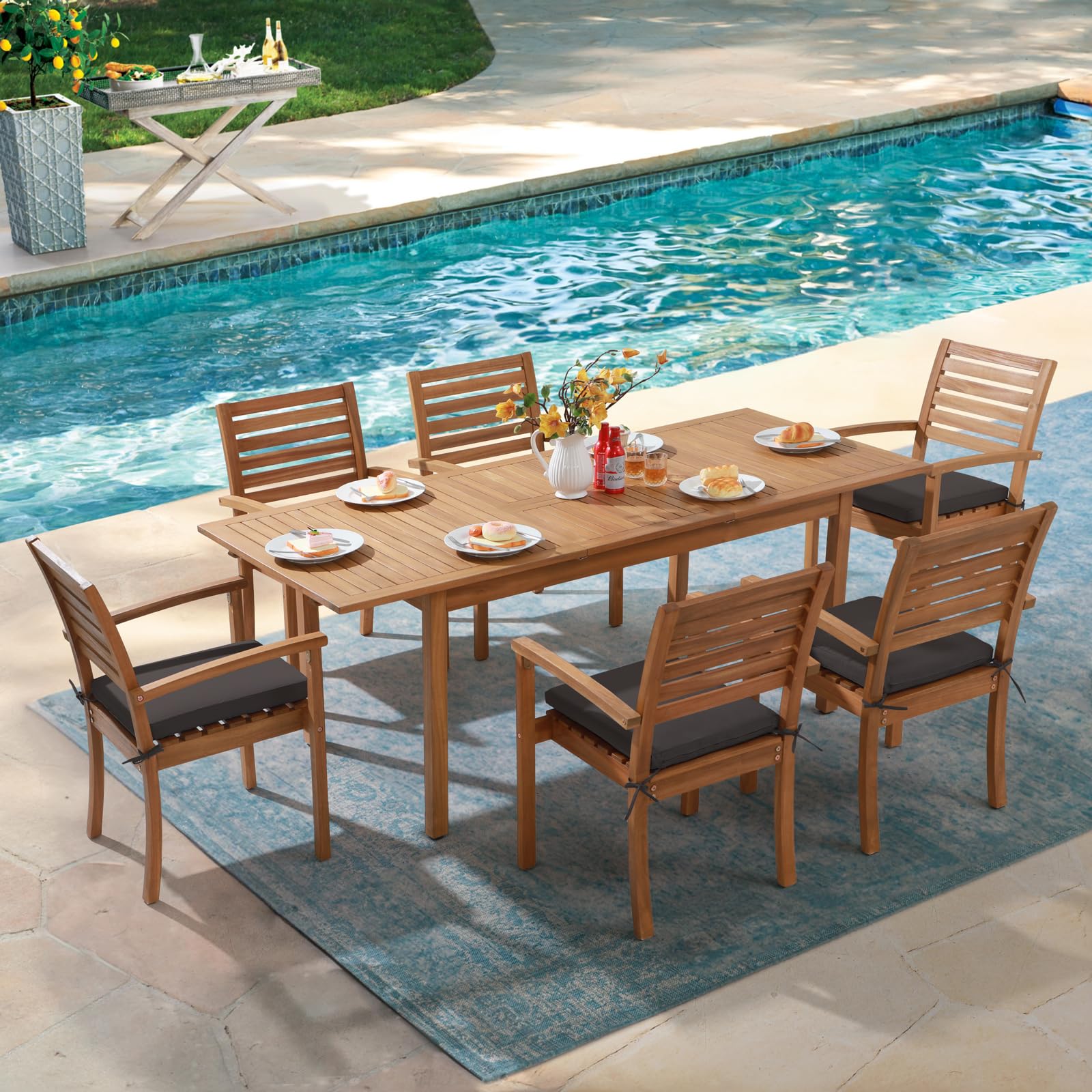
.jpeg?w=1600&h=1600)
.jpeg?w=1464&h=600)




.jpeg?w=1600&h=1600&q=80)
.jpeg?w=2000&h=2000&q=80)
.jpeg?w=1600&h=1600)
.jpeg?w=2000&h=2000)

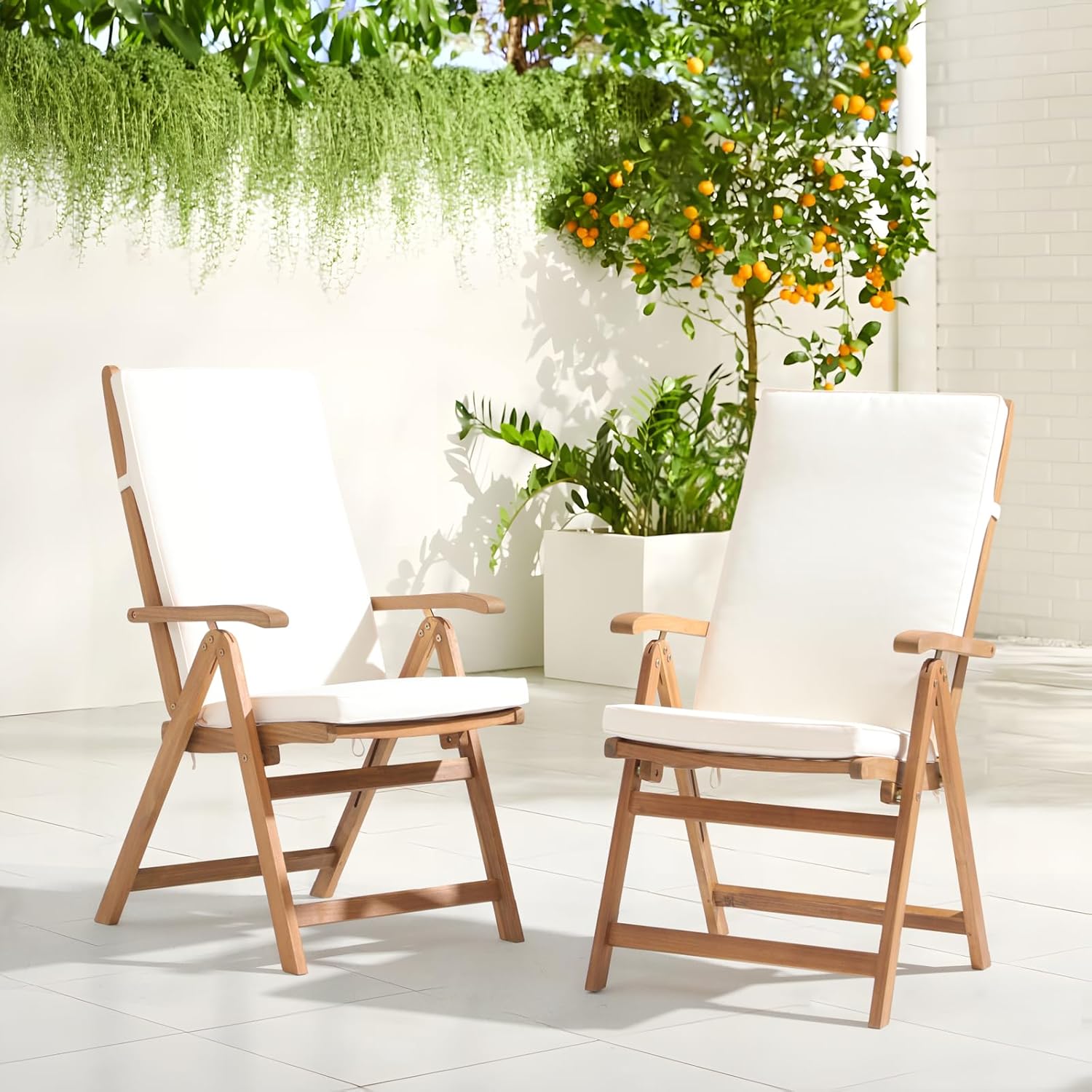






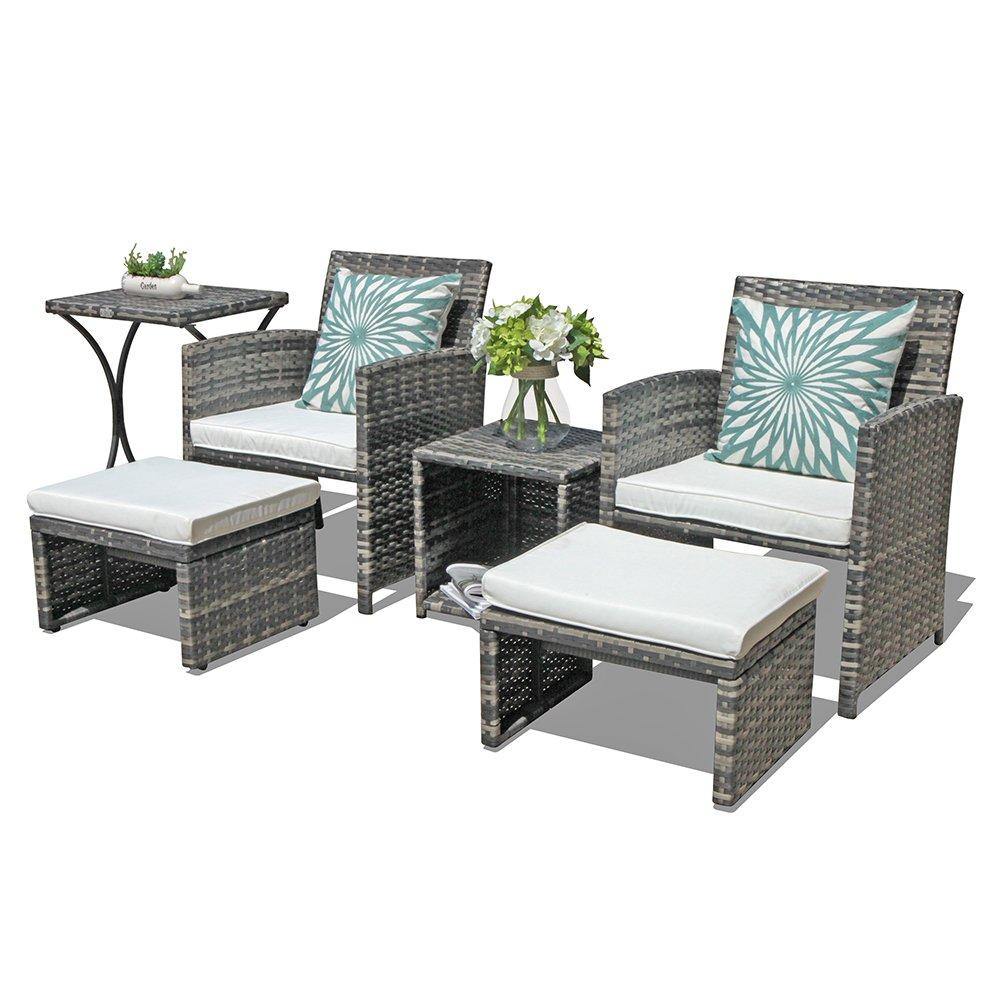
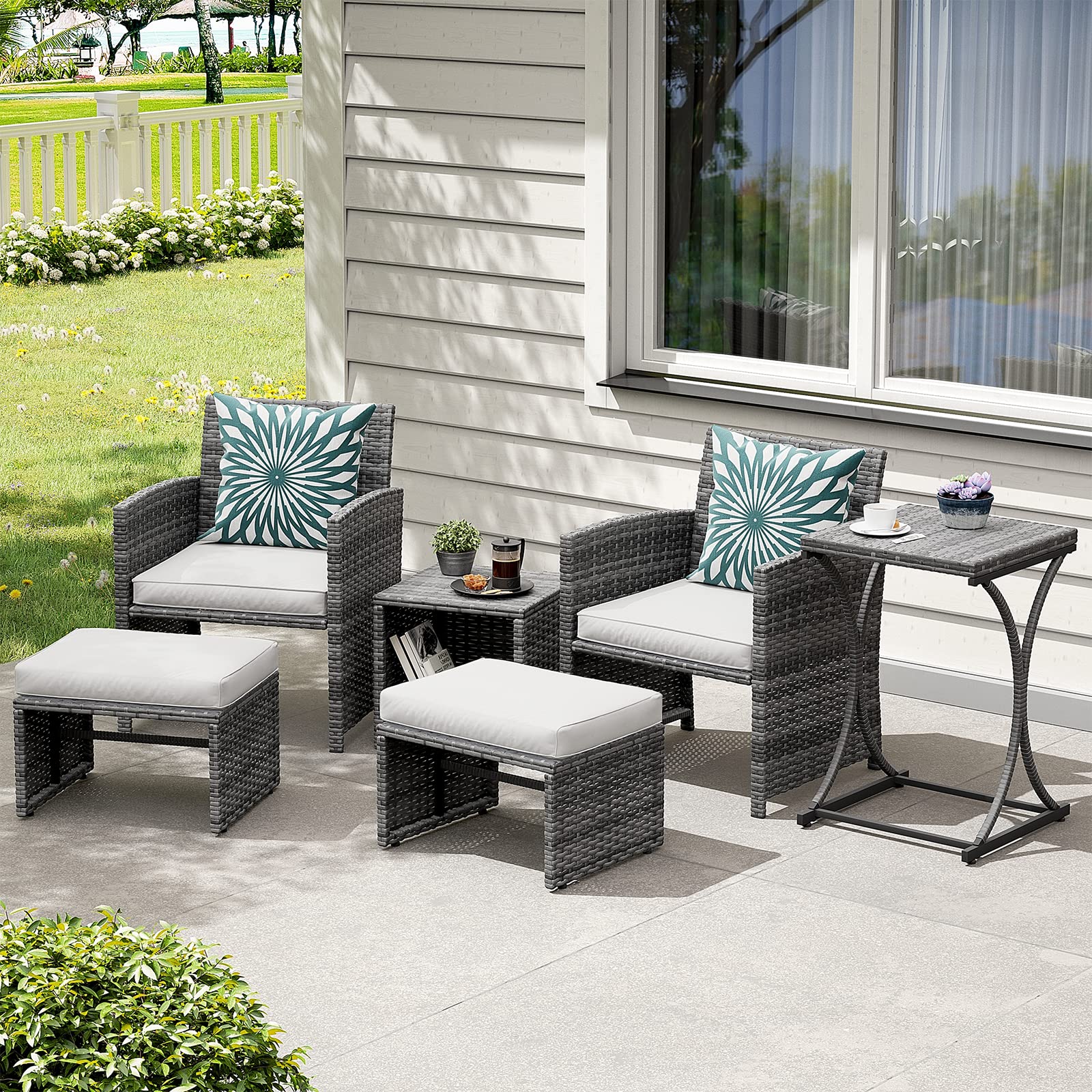




.jpeg?w=1600&h=1600)







